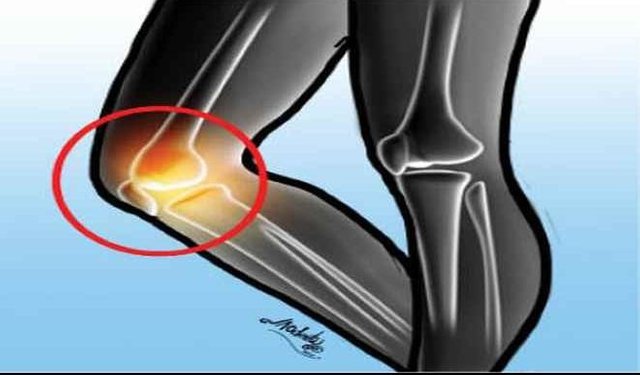An introduction of what arthritis is all about

Today I want to share my little research and the knowledge which I have about this disease, I hope we all take this really serious.
ARTHRITIS
Arthritis is a joint disorder. A joint is an area of the body where two bones meet. A joint functions to allow movement of the body parts it connects.
Arthritis literally means inflammation of one or more joints. Arthritis is frequently accompanied by joint pain. Arthritis is classified as one of the rheumatic diseases. These are conditions that are different, individual illnesses, with differing features, treatments, complications, and outcome. Arthritis sufferers include men and women, children and adults.
Example Of Causes
The causes of arthritis depend on the form of arthritis. Causes include the following:
Injury
Abnormal metabolism
Inheritance
Infections
Overactive immune system (such as rheumatoid arthritis).
SYMPTOMS
Symptoms of arthritis include:
Pain and limited function of joints.
Inflammation of the joints from arthritis is characterized by joint stiffness, swelling, redness, and warmth.
Tenderness of the inflamed joint can be present.
Loss of range of movement and deformity can result.
Symptoms in some patients with certain forms of arthritis can also include fever, gland swelling, weight loss, fatigue, feeling unwell, and even symptoms from abnormalities of organs such as the lungs, heart or kidneys.
When To Seek Medical Care
If joint pain, swelling, stiffness, redness, loss of motion or deformity occurs, medical evaluation by a health-care professional is encouraged. Even minor joint symptoms that persist unexplained for over one week should be evaluated. For many forms of arthritis, it is essential that patients have an early evaluation as it is clear that this can both prevent damage and disability as well as make optimal treatment easier.
INVESTIGATIONS
• The first step is to take history of symptoms, examine the joints for inflammation and deformity, as well as ask questions about or examine other parts of the body for inflammation or signs of diseases that can affect other body areas.
• Furthermore, certain blood, urine, joint fluid, and/or X- ray tests might be ordered.
• Earlier and accurate diagnosis can help to prevent irreversible damage and disability.
• Properly guided programmes of exercise and rest, medications, physical therapy, and surgery options can idealize long-term outcomes for arthritis patients.
TREATMENT OPTIONS
• The treatment of arthritis depends on which particular form of arthritis is present, its location, severity, persistence, and any underlying background medical conditions of the patient.
• Each treatment programme must be customised for the individual patient. Treatment programmes can incorporate home remedies, non-prescription and prescription medications, joint injections, and surgical operations.
• Some treatment programmes involve weight reduction and avoiding activities that exert excessive stress on the joint. The goal of treatment of arthritis is to reduce joint pain and inflammation while preventing damage and improving and maintaining joint function.
Self-care At Home
• Treatment may not be necessary for arthritis with minimal or no symptoms. When symptoms are troubling and persist, however, treatment might include pain and anti-inflammatory medications such as, rest, heat/cold applications, and topical pain creams can be helpful.
• Some patients get significant relief of pain symptoms by dipping their hands in hot wax (paraffin) dips in the morning. Warm water soaks and wearing night-time cotton gloves (to keep the hands warm during sleep) can also help ease hand symptoms. Gentle range of motion exercises performed regularly can help to preserve function of the joints. These exercises are easiest to perform after early morning hand warming.
• Pain-relieving creams that are applied to the skin over the joints can provide relief of daytime minor arthritis pain.
• Finally, when arthritis symptoms persist, it is best to seek the advice of a doctor who can properly guide the optimal management for each individual patient.
Thanks guys for your time
@Felixdrex care's
Thanks for this wonderful piece
Interesting piece
Well articulated. Thanks for this educating post.
@abuja-steem just upvoted this post. Help us to do more by upvoting this comment